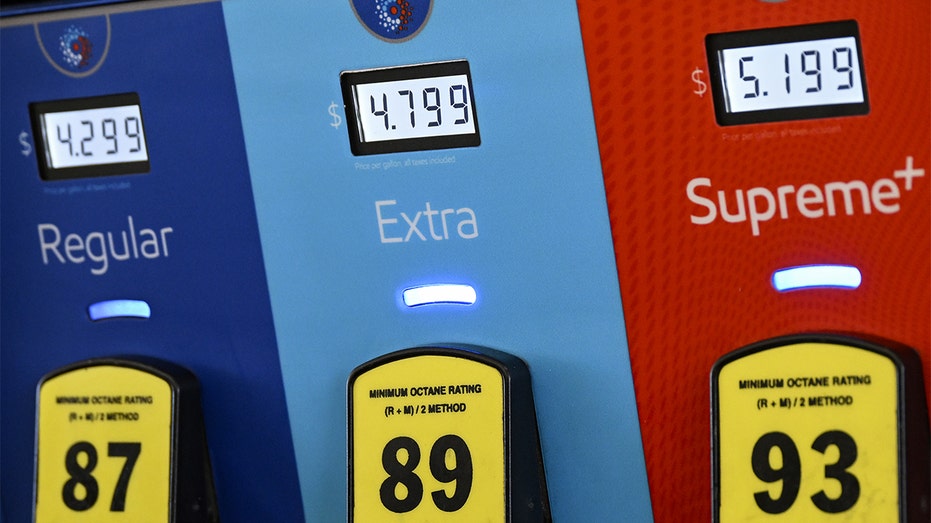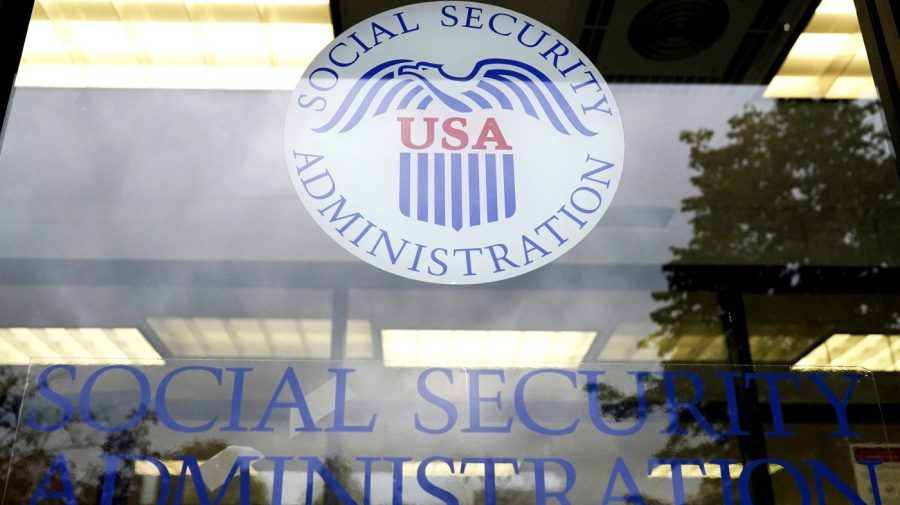TortoiseEcofin Senior Portfolio Manager Robert Thummel discusses how China’s economic woes could impact crude oil prices on “The Claman Countdown.”
Saudi Arabia and Russia on Thursday deepened their oil supply cuts, announcing an agreement to continue scaling back production at the beginning of 2024.
The voluntary move by Moscow, Riyadh and other members of OPEC+ will reduce crude output by about 2 million barrels a day for the first quarter of 2024. Saudi Arabia first began scaling back output in July and has extended the production cut three times so far.
OPEC+, which is the group of oil-producing nations responsible for about 40% of global output, announced the news Thursday after its virtual meeting to discuss 2024 output amid concerns of a potential surplus.
US HOUSING MARKET MAY BE TRAPPED IN PROLONGED FREEZE

An oil pump is seen operating in the Permian Basin near Midland, Texas. (Angus Mordant / File / Reuters Photos)
Other members, including the United Arab Emirates, Kuwait, Iraq, Algeria, Kazakhstan and Oman, pledged additional cuts in the three-month period from January to March.
Oil prices initially rose on Thursday but fell later in the session despite the fresh supply curb. Investors were bracing for deeper production cuts.
FED PAUSE LIKELY WON’T HELP STRUGGLING CONSUMERS
“The market reaction implies disbelief in the full efficacy of the cuts,” JPMorgan Chase analyst Christyan Malek said, according to Reuters.
West Texas Intermediate crude, the U.S. benchmark, fell to about $76 a barrel during late afternoon trading, down from a recent peak of $93. Brent crude – the international benchmark – was hovering around $80 a barrel, down about 2.5% from the previous day.

This view shows gas pump prices as they hit their highest level since last year in Virginia on Aug. 16, 2023. (Celal Gunes / Anadolu Agency / Getty Images)
GET FOX BUSINESS ON THE GO BY CLICKING HERE
Americans have enjoyed the benefits of lower gas prices recently, despite the extensive oil cuts by OPEC+.
The average cost of a gallon of regular gasoline was about $3.24 on Thursday, according to AAA. That is well below the record high of $5.01 notched in June 2022 and a marked drop from just one month ago, when prices hovered around $3.49.
The latest export cuts come in addition to existing supply reductions by OPEC+.
The group already had in place oil output cuts of about 3.66 million barrels per day when Saudi Arabia and Russia introduced the additional supply cut on Thursday.
The White House has previously criticized the action, with President Biden vowing there “will be consequences” for Saudi Arabia.






